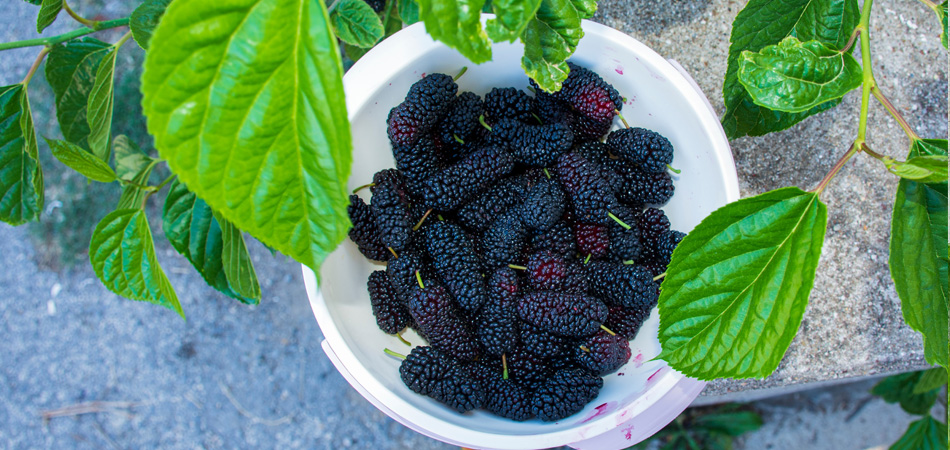- Your cart is empty
- Continue shopping

Mulberry belongs to the genus Morus of the Moraceae family involved in the Urticales order.
There are about 100 species of the genus Morus in warm and temperate regions.
Most of the cultivated varieties are white mulberry (Morus alba L.), black mulberry (Morus nigra) and white mulberry (Morus alba).
Mulberry has the ability to live under a wide range of soil conditions, so mulberry cultivation is practised in various climates such as temperate, tropical and subtropical.
Like in lots of fruits, Anatolia is one of the oldest culture areas and homeland of mulberry.
Turkey has suitable growing conditions for cultivating high quality mulberry fruits.
The amount of products is 55000 tons from 2120000 efficient trees in our country.
The main mulberry production areas of Turkey are Black Sea region (9 196 ton) as well as north eastern (10.134 ton), and central Anatolian (10 043 ton), middle north (10 043 ton) regions.
The plant and fruit of mulberry are used in different fields. Teas relaxing your body and mind are made from mulberry plant; wine, jelly, jam and molasses are made from the fruit. It is used to regulate gut functions, reduce fever and blood pressure, and treat mouth wounds
Due to the high content of anthocyanin, it prevents cardiovascular diseases and provides protection against cancer.
Mulberry is rich in sugar, organic acid and anthocyanin pigments.
The total anthocyanin content varies between 1229-2057 µg / g-1
Due to its anthocyanin compound, it is used as an important ingredient of foods such as fruit juice, syrup and wine. Mulberry fruit’s antidiabetic, antioxidant and anti inflammatory properties are known. It has these biological properties due to phenolic compounds, especially anthocyanins. Anthocyanin pigments have two important roles in mulberry fruit. First of these is that it contains various forms that affect the properties of the final product and play a complementary role in the formation of the sensory properties of the product, the second is its effects on health. The only use of mulberry in modern medicine is syrup obtained from black mulberry. Black mulberry syrup is applied against mouth and throat diseases, especially used for the thrush in infants. Black mulberry root and stem barks are known as diuretic and used to flush out tapeworms. It is appetizing. Black mulberry leaves are used for blood sugar lowering effect. In this study, it was aimed to produce functional bread by using the black mulberry plant, which is known to have antioxidant activity with its high phenolic content, in bread making. For this purpose, after the black mulberry plant was dried, it was used in bread making at three different levels.

